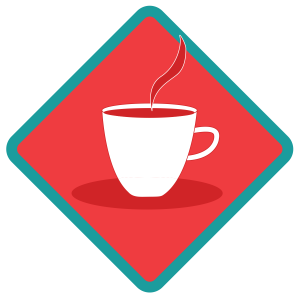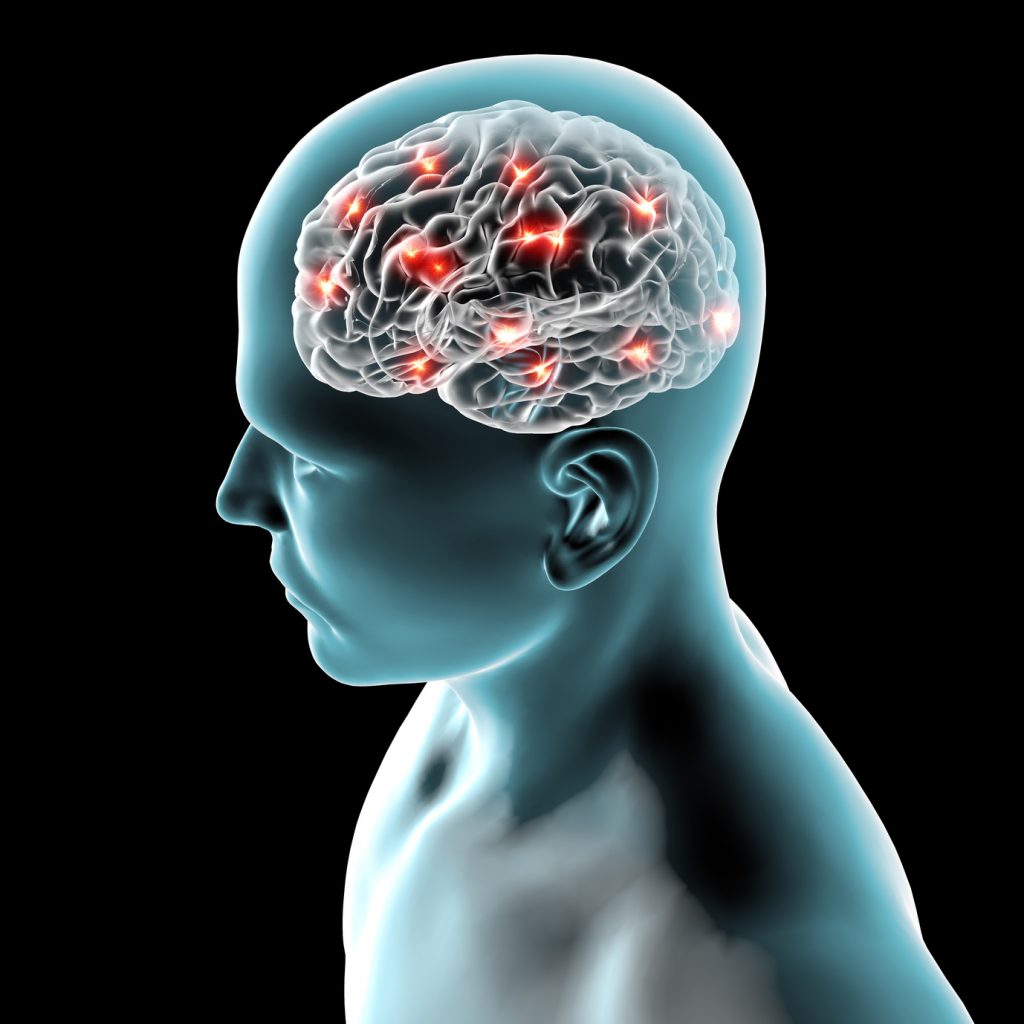PAIN RELIEF BENEFITS WITH CAFFEINE
INFOMEDICA’S BOTTOM LINE:
Most of us are looking for caffeine to get a quick energy boost. But do your patients know that caffeine can reduce inflammation, stop pain, and maybe even help them live longer?
Blending caffeine with curcumin, boswellia, DLPA, and other nutrients can stop headaches and muscle pain effectively and quickly—without damaging the stomach lining or destroying harming the liver.

- Stop exercise or headache pain
- Speed physical recovery
- Reduce inflammatory markers
- Boost and preserve cognitive ability
Caffeine is an alkaloid found in over 60 plant sources, and is found in our most common foods, including chocolate, coffee, and tea. Anyone who enjoys coffee or tea every day knows about caffeine and how it can make them feel more awake, alert, and in general, in a better mood. But many people may be surprised at what a valuable medicine caffeine can be, too.
Clinically Studied Pain Fighter
One of the reasons caffeine is added to common over-the-counter pain relievers (and botanical pain relievers) is that it can add to their effectiveness. Research has shown that adding caffeine to pain-relieving drugs increases the number of people experiencing significant pain relief by up to 10 percent.
In a review in the Journal of the American Medical Association (JAMA) examining caffeine and pain-relieving ingredients, researchers found that the dosage level of pain-relieving ingredients would need to be increased by 40 percent to match the effects of the same ingredients boosted by caffeine.
Clinical research has found that caffeine also seems to make muscle recovery faster, because it appears to prevent delayed-onset muscle soreness (DOMS)—the pain experienced a day or two after a tough workout or physical activity. In this case, the placebo-controlled study showed that even smaller amounts of caffeine—the equivalent to about two cups of brewed coffee (or 200 mg) was plenty.

Headache Pain
Many people associate caffeine with the relief of headache pain, and that’s for a good reason. It contracts blood vessels in the brain and deals directly with receptors in the brain that control pain signals.
Caffeine first became officially recognized as treatment for postdural puncture headaches (headaches as a result of lumbar injury) in the 1940s. In more recent years, caffeine has been recommended as a primary medicine in fighting hypnic headaches, a fairly rare type of headache pain that interrupts sleep, typically in people middle-aged and older. Caffeine treatment – possibly even before the event of the headache—may help offset the incidence of pain. Aside from that, caffeine can be an excellent solution for dealing with acute migraines—although those doses are sometimes given intravenously. At lower levels, caffeine can help with the simple headaches from long days or stress that we all encounter from time to time.
Caffeine is also considered an additional treatment for those in advanced stages of cancer who are already taking opioids for pain. In a placebo-controlled clinical study, intravenous caffeine (200 mg) significantly reduced pain intensity and drowsiness. It truly is an outstanding compound.
Why Caffeine Fights Pain
Along with reducing the blood flow to pain-affected areas, caffeine works with adenosine receptors in the body that affect the way we perceive pain, blocking pain signals even at low doses. It also blocks some inflammatory cyclooxygenase (COX) activity, so there is a direct action as well. This is why caffeine can be so effective at relieving migraines and muscle pain.
Cognitive Benefits
Caffeine may do more than wake us up in the morning — it may actually help preserve or even enhance our cognitive abilities.
For instance, it appears that the effects of caffeine on adenosine receptors in a certain section of the brain may inhibit the development of Parkinson’s disease.
Other studies show a potential link between caffeine consumption and lower risks of Alzheimer’s disease, because it seems to inhibit production of beta-amyloid (responsible for the plaques and tangles that interfere with brain signals).
And, counter-intuitive as it may seem, for anyone dealing with daily or chronic stress, a little caffeine may prove to be the best medicine. In a scientific study, low dose, daily caffeine alleviated stress-induced anxiety and improved decision making abilities. It might not take much to sharpen focus and help see a situation a bit more clearly.
Additionally, emerging research investigating genes and inflammation found that because caffeine intake reduces inflammatory markers, it may help lengthen our lifespans.

Wake Up to Relief
Your patients have probably seen caffeine combined with common pain-fighting, over-the-counter drugs like acetaminophen, aspirin, or ibuprofen, but there are better options. Caffeine with curcumin, boswellia, DLPA, and other nutrients is safer and can help stop headaches and muscle pain effectively and quickly — without causing liver damage or other side effects.
For headache pain relief, you may recommend combining caffeine with clinically studied curcumin, boswellia, chelated magnesium, DLPA, and Vitamin B6 (as pyridoxal-5-phosphate), daily or as needed.
For muscle pain relief, consider recommending caffeine with clinically studied curcumin, boswellia, DLPA, and nattokinase, daily or as needed.


